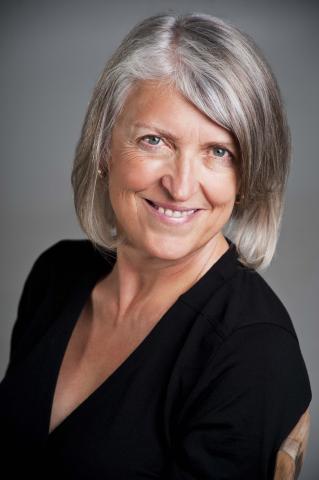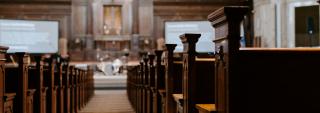“How are collective religious practices being adapted during the pandemic, and how are decisions being made within communities? How are faith communities grappling with internal conflicts about religious observances? and How have media and social media depictions of religious groups escalated conflicts?”
These are some of the questions Michelle LeBaron, Professor at Allard Law and Maged Senbel, Professor at the School of Community and Regional Planning at UBC and other members of an interdisciplinary working group seek to answer in their project titled “Distant Prayers? COVID-19, Religion and Conflict.”

Rituals for passages traditionally observed in community, like death, birth and marriage, have been disrupted due to COVID-19. Many religious practices are now virtual due to state-mandated social distancing measures. While most religious groups have complied with these measures, questions of how practices are adapted, how rules apply, and what is or is not in the spirit of the rules continue. Some groups have insisted that gathering for worship is a far more important duty than obeying government officials – even in the interest of public health. Still others have been stigmatized for their traditional ways of living and how these may give rise to increased infection rates, as can be seen in media and social media coverage of Hutterite communities in the prairies.
Creativity, openness to adaptation and resilience have characterized the responses of many religious groups. Still, the Working Group’s work suggests that negotiating sacred practices during the pandemic is complex. Through conversations with faith leaders, the Working Group is learning about how congregations have navigated this complexity, both within themselves and between members and others in civil society.
A preliminary finding is that it may be helpful to distinguish between places of prayer and spaces to pray; between the spirit of religious rules and the form.
A preliminary finding is that it may be helpful to distinguish between places of prayer and spaces to pray; between the spirit of religious rules and the form. As these distinctions are recognized, a wider range of possibilities appear. These understandings may actually enhance mutual respect between members of faith communities and their secular neighbours.
The Working Group plans to mobilize its research through a series of blog posts and a policy paper to suggest specific ways to ameliorate pandemic-related conflicts with religious dimensions and to foster increased inter-faith understanding
This project will run through December, 2020 and is funded by a rapid publication programme of the UBC-based Peter Wall Institute for Advanced Studies.
Other members of the Working Group Include Dr. Laura Duhan-Kaplan, Professor of Jewish Studies and Director, Inter-religious Studies, Vancouver School of Theology; Dr. Yael Efron, Professor of Law and Associate Dean, Tzfat School of Law, Israel; Dr. Aftab Erfan, former UBC Director of Dialogue and Conflict Engagement and current Chief Diversity Officer, City of Vancouver; Dr. Heidi Tworek, UBC Associate Professor of History; and Ms. Tracy Wideman, Consultant & Vice-chair BC Multicultural Advisory Council.



